Buying or Selling in the Next 12 Months: What You Need to Know Today
There are many different reasons you might be thinking about selling your home. Perhaps you want to downsize (or upsize), perhaps you want to take advantage of the market, or maybe you need to move to another area of the country for your company. Regardless of the reasons, there are many things to consider before you speak with a real estate agent.
You probably already have a good grasp of how the home-buying process goes since you've done it at least once before. But if this is your first time selling a home, there’s plenty more to learn. Even if you have sold a home in the past, the market is always changing.
If you're thinking about buying a home within the next year, or buying a home after you sell your current one there are a few things that you can get started on to make the process that much smoother when you are ready to go house hunting.
Deciding To Sell Your Home: What You Should Do First
Once you do decide you want to sell your home, there are several things you can do before you contact a real estate agent. The first is to prepare your home to be sold, and that usually means a lot of cleaning and sometimes some maintenance and repairs.
Even in a seller’s market, you’ll want to make your home look as inviting and attractive as possible in order to receive a great offer. Homebuyers who will be looking at your home are more likely to make an offer right away if your home appears desirable, as they’ll be hoping to secure a home before another prospective buyer comes along.
Declutter Your Living Space
When you were a first-time homebuyer, you probably saw several houses that still contained furniture and the occupants’ belongings. This is normal when the homeowners haven’t moved out yet. But you might also recall that some homes appeared a lot tidier and well-maintained than others. Think about that when preparing your own home for future sale.
You’ll want to spend a good amount of time getting rid of any clutter and junk you don’t need. Even old, worn furniture and décor items should be removed. (You can put them in a storage unit or your garage if you have space.) The idea is to present a neat living space to prospective buyers.
Make Necessary Repairs
Truthfully, this is up to you. In a seller’s market, you can likely get away with not making some repairs, since buyers are more desperate to secure a home. However, some first-time homebuyers might want the security of a home they know is in good shape. There’s also a difference between necessary repairs and home improvements.
For example, it might be necessary to replace the hot water heater but not to renovate the kitchen or the bathroom. If you’re unsure which things you should spend your money on, focus on the most obvious maintenance issues that a home inspector will definitely point out.
Check Out the Market
Have any homes similar to yours in the area sold recently? That might give you a good idea of what you could get for your home. The online sites providing estimates can serve as a good baseline, but they don’t always know the specifics of your local area or any specific improvements you’ve made in your home. Take this into consideration before you talk to a real estate agent.
The agent will, of course, be more familiar with the current conditions of the market and how things are selling in your area. And once the agent sees your home, they will be able to give you a better idea of what it might sell for. Just remember to price it realistically. Even in a seller’s market, pricing your home too high could mean you’ll be waiting a while to sell.
Finally, Contact an Agent
Once you’ve done all of the above, you are ready to contact an agent. Unless you already know an agent who you’d like to work with, you’ll want to interview a few different agents. You’ll be working with the agent of choice for a bit, so you want to ensure you feel comfortable with whomever you choose.
Ask each agent for a comparative market analysis, as well as the details of their plan on how they will market your home. You also want to ensure that the agent will have time for you and your home.
Deciding To Buy a Home: What You Should Do First
Once you do decide you're ready to buy a home, there are several things you can do before you contact a real estate agent. The first is to prepare your list of non-negotiables and really decide what you need from a home.
The real estate market moves quickly, so understanding the current market, interest rates, and more will be important closer to the time when you're getting ready to purchase.
Make Your List of Must-Haves
Do you need two or three bedrooms? Are you open-minded to a townhome or do you prefer a single-family residence? We'd recommend that you sit down and think deeply about what you need from a home and make your list of things you can't live without. This will make the house hunting process much easier, and you'll be able to share this information with your real estate agent when the time is right!
Cushion Your Savings
Buying a home can bring several unexpected expenses your way, so the more that you can plan in advance the better. Of course, you'll need to pay the down payment on the home, but there are also closing costs and taxes. Once you move in, you'll likely need some furniture, and what if the HVAC system needs repair? Some experts recommend having six months of expenses set aside in your savings account, while others recommend having up to a year’s worth.
Get Pre-Approved
Securing a pre-approval from the bank is going to let your real estate agent and the sellers that currently own the home that you're serious and ready to purchase. This will also give you a sense of your purchasing power and help you understand the budget that you'll need to stay within.
Finally, Contact an Agent
Once you’ve done all of the above, you are ready to contact an agent! Unless you already know an agent who you’d like to work with, you’ll want to interview a few different agents. You’ll be working with the agent of choice for a bit, so you want to ensure you feel comfortable with whomever you choose.
Make sure to ask each agent about their local expertise, their track record in negotiating on behalf of buyers, and to take a look at their reviews.
We're Here to Help
Whether you're thinking about buying or selling in the next few months or the next few years, we're happy to help answer your questions!




